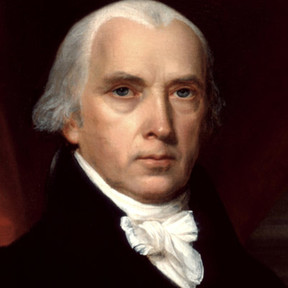On myths and fear - Garry Wills in NYRB:
'Adam Schiff, the chairman of the House Intelligence Committee, who has been overseeing the impeachment hearings, is badly misrepresenting the Constitution when he says that the Congress is a co-equal branch of government with the presidency. It is not. It is by far the superior branch. James Madison made that clear for all time with his lapidary sentence in Federalist No. 51: “In republican government, the legislative authority necessarily predominates.” Necessarily. Discussion over.'
(...)
'Madison thought the presidency would be so weak that he advocated giving it a veto on legislation. That made sense. The executive should have the right to protest if it is given laws too difficult to execute, or contradictory, or insufficiently funded. But when Congress has had time to consider the objections, it can overrule the veto, by a two-thirds majority (ensuring that it has done its work of deliberation). Again, if it comes to a last word, Congress has it.'
(...)
'Some (like New York) wanted a president to rule only by cooperating with an executive council. These proposals were too diffuse to function. But what if efficiency was purchased at the price of giving the president a power able to be, as Madison put it in No. 51, “perfidiously abused?” The founders did not fear government in general. They feared the presidency.
James Wilson of Pennsylvania found the way to allay that fear. He said that concentrating the presidency in a single person, as opposed to a plural construct, would make it more accountable. How could you impeach an executive council, which might have been internally divided, its members trying to shift the burden of guilt back and forth among themselves? If the president abused his power, Congress would know whom to blame, and the impeachment power was created to end the abuse. The Federalist Society claims that the unitary presidency exalts the executive. Wilson said the unitary presidency was created to make it vulnerable.'
Read the article here.
This is important to remember, don't fear the government in general, fear the presidency.
But during my last two trips (spring 2019 and spring 2018) through the south and the west of the US I encountered quite a a few people who feared the government. They thought that the current president would help them to get rid of the government they feared and abhorred. They were definitely not completely wrong, but the question is, with all valid objections you can have to government in general and especially to this specific government, are they ready for absolute anarchy? In many ways also these people are addicted to the status quo, so they can go on abhorring without much consequences.
